Culturing Creativity: Self Doubt and Imposter Syndrome
This week we threw ourselves headfirst into the topic of self-doubt and Imposter Syndrome. In this episode, we expose our own insecurities and talk about how to manage these feelings as a writer and an author. We also discussed our separate working lives and the lessons we’ve learned through our day jobs.
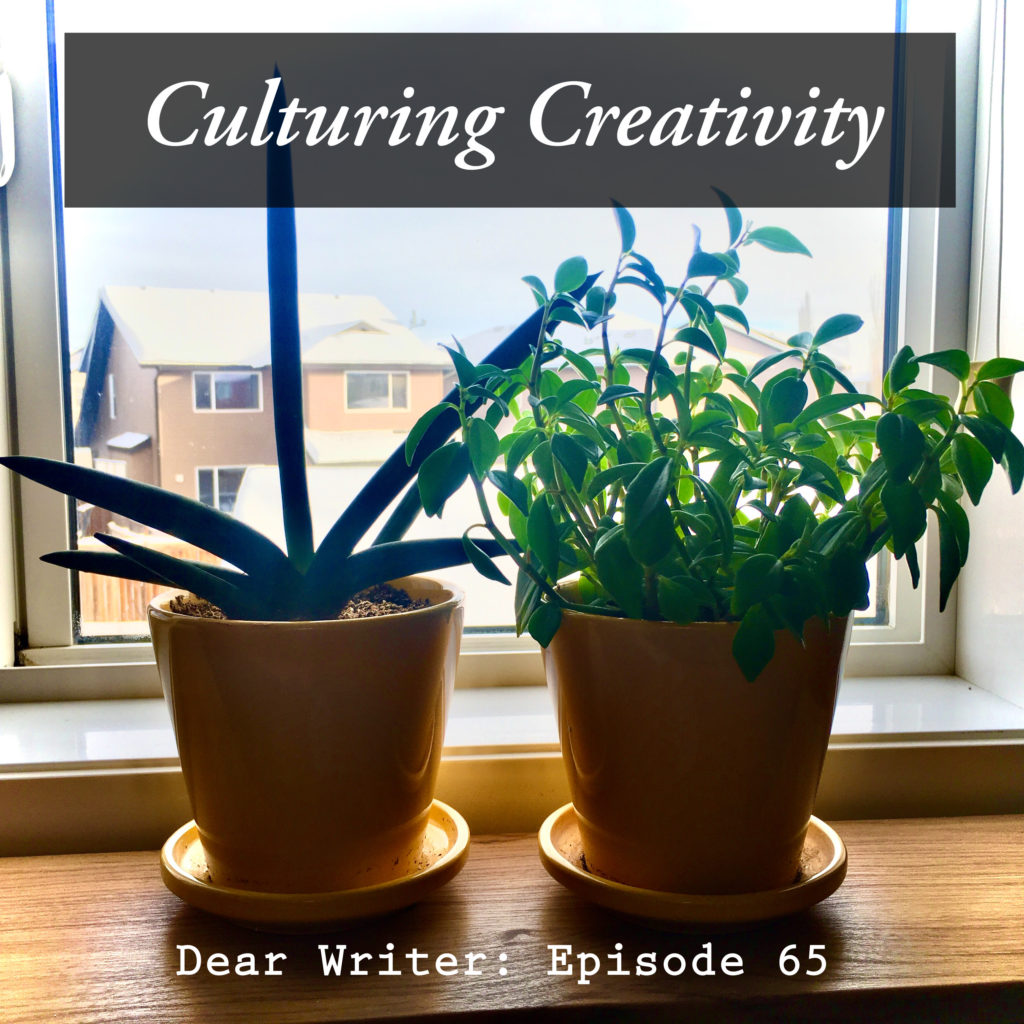
Episode Summary:
‘Our doubts are traitors, and make us lose the good we oft might win, by fearing to attempt.’ ― William Shakespeare
Today, we are talking about self-doubt – for writers this is sometimes referred to as creative doubt. It is that feeling where we believe our writing isn’t good enough, that other writers are far better. It is often the reason many authors don’t call themselves authors. For us, do we ever experience self-doubt as a writer, and how does it manifest?
Ashley: Yes, I do. When I first started writing, it was particularly strong. But over the years it has eased. Now a days, it’s not so much in the ‘other writers are far better than me’ category. But I more the category of not calling myself an author. Sometimes it feels illegitimate calling myself an author if I have self-published a book. And I feel uncomfortable and want to correct people when they tell me that I am one. Like the word author has an Asterix next to it. I am also my harshest critic, and I get self-doubt through judgement of my own work and thinking that it isn’t as good as it could be. Like I’m comparing myself to a future me who is far better than I currently am, which gives me impossible expectations of myself.
Sarah: I do too, I think everyone does in some shape or form! When I started writing, as a teenager, I honestly don’t think I thought about it too much and was generally speaking fairly confident with my writing. Though, I did find that I was really scared to share it with people (in particular adults, I wasn’t as worried about sharing with friends) and I think deep down that’s because I was afraid it wasn’t good enough. These days it’s a bit different. I’m not scared to call myself an author, and though I still have a bit of anxiety when presenting my work to other people, my self-doubt trickles in after I’ve been staring at one chapter too long, or if I’m stuck. Sometimes I’ll read it over and think, what the hell is this that I’m writing? Often, when I give my work to Ashley it’s with a whole list of things I think are wrong, like “I know this could be better and it’s a bit jumpy from this point to that point…” I think I preface it to lower her expectations and that’s probably a product of my self-doubt.
Why do we think writers (and ourselves) struggle with self-doubt?
Ashley: Firstly, writing is a very personal experience and the work that we produce all has parts of us in it which makes things like feedback really challenging sometimes. Secondly, writers are judged a lot. It is not normal to be judged so critically about your work all the time. Performance reviews at work are one thing. Having random people on Amazon read, and judge your work is another. We are judged by editors, agents, book reviewers, readers, critique group colleagues. How well our work does is heavily reliant on what other people think of it.
Sarah: It comes from a couple of things: 1) When you’re selling a book, you’re asking someone (a stranger) to invest time and money in reading the words you put on a page. And even more than that, they’re investing their emotions and beliefs—we learn from fiction just as we learn from non-fiction, and no one wants to be putting crap into their heads. So that in itself makes it a little different from a product that you might buy for more practical purposes. Due to this, people tend to judge writing (sometimes pretty harshly!). They want the best, and writers feel this pressure. No one puts a book out there intending for it to be terrible. We try our best and worry about it being ‘good enough’. 2) When you’re writing, it’s just you and the page. You don’t have anything else other than your own interpretation to lean on, and it can be hard to work out if what your mind is telling you is actually the truth—I’m sure we’ve all looked back to things we wrote in the past with some degree of both disgust and amazement, like, how did I think this was any good? So that bias that our minds create can make it extremely hard to trust yourself. And lastly, I think no matter what (if you care about the results) a lot of people suffer from self-doubt just generally. It sounds awful, but even in nursing sometimes I’m like, shit, what am I doing here? What if something goes wrong and I can’t cope with it? (That’s definitely something you want to know about your nurse, right?). But I can guarantee that your doctors are thinking the same thing sometimes, and it’s not actually a bad thing! In reality, this is actually a good thing because it prevents me from being overconfident and ensures that I am aware and make use of all the resources at my disposal. It means I’m always striving to be better and do better. But a lot of times we only see the negative aspect of this feeling.
Does self-doubt hinder creativity?
Ashley: Definitely. Self-doubt stops productivity and for me, productivity is one of the things that gives me confidence as a writer. When I am able to efficiently produce work, I am at my best. It can really interfere with your creative process as well. Especially because for me, it makes me incredibly frustrated which is detrimental to my writing as it means I distract myself doing other non-writing things.
Sarah: I think it hinders your creativity if you’re not aware of it and why it’s there. Believe it or not, like I alluded to in the last question, self-doubt has a place in forcing us to be critical and improve our work. If we didn’t doubt ourselves, it would be because we didn’t care about the experience of our readers. But if you don’t understand why it’s there it can seem paralyzing because you begin to believe that negative frame of mind instead of using it to drive you forward. Self-doubt is good, fear is not. There is actually a difference between the two. It’s OK to feel doubt sometimes. But if you let that doubt spiral into fear, it can snake into your creativity. It’s hard to think creatively and have words flow if you’re constantly afraid no one will want to read it and you’re just wasting your time.
How do we overcome self-doubt?
Ashley: Overcoming my self-doubt didn’t happen overnight. It took a lot of time, learning about myself as a writer and the reasons I feel the way I do. A lot of the time, my self-doubt is eased by talking with other writers and getting confirmation that I’m not as terrible as I believe myself to be. It sounds counter intuitive, but my critique group has really helped. When I look over my own work, all I see are the spots that are bad. The sentences I had trouble constructing and the passages I feel need to be reworked. But my critique group, yes, they point out what needs work but they also point out things that they like. And as I don’t ever do this with myself, it has really helped me see things in perspective. I have also been trying to celebrate wins more. I am a typically I say realistic, my husband says pessimistic, person. Here’s an example, we managed to get some of our books on consignment in a store. My family was all excited and congratulating me. Meanwhile, I was there telling them that it didn’t count until they actually sold a copy. My husband sat there reminding me that regardless of if they sold any, it was a step. And I should celebrate it anyway.
Sarah: Honestly, you don’t. You live with self-doubt, and like I’ve alluded to, it’s not a bad thing. But I believe we have to stop viewing the doubt as something to get rid of—instead it’s something that drives us and motivates us. And like I said before, it’s different from fear, because instead of creating panic, it’s simply asking you questions and stopping you from taking things for granted. Self-doubt is a question, and you get to choose what you do with that question. You don’t have to be afraid of it, but instead be curious about it. Why am I feeling like this? What can I do to make this work even more amazing? What if it’s not amazing? Because, that’s OK too. We’re all at a different point on our writing journey and it takes time to cultivate the skill. I view my self-doubt like I view any other critique or feedback. I listen to it, decide whether or not I agree with it, and use it to hone my writing.
What about imposter syndrome (Imposter syndrome refers to feelings of fraud – individuals are convinced that they aren’t really knowledagble, skilled or talented in their area of expertise and have somehow fooled people to get where they are, and will one day be exposed)? Do we ever have imposter syndrome when it comes to writing? And if we do, how do we overcome it?
Ashley: This is a topic I am very familiar with. Being in academia, this is very common and I experienced it there quite a bit. Even though I had a PhD, I somehow didn’t feel like an academic. I didn’t feel smart enough to be there and often felt that somehow I had managed to fluke my way though all my research. I didn’t use to feel this way writing, but recently I’ve been feeling it a bit more. Especially since publishing When the Rain Falls. This ties in with the being an author and not wanting to call myself an author thing. Like maybe people will read our books and realise that it is self-published, we aren’t real authors and somehow discredit what we’ve done.
Sarah: I think imposter syndrome and self-doubt are almost the same thing. I think maybe there’s a slight difference, because I feel with imposter syndrome there’s that feeling that you haven’t earned the right to be where you are, rather than simply doubting yourself in the moment. Imposter Syndrome is really about that key question—what gives me the right? As I alluded to a bit earlier, I had this very recently with my nursing when I first started nursing in Canada. There was a lot of differences in the way I previously worked and I worried that even though I had studied hard for my Canadian Registered Nurse licence, I was missing some crucial piece of information that everyone else knew and I didn’t. Like self-doubt, it shows up when you care very deeply about the outcome. Obviously, this isn’t a bad thing! I wanted to give my best and cared that my patients were getting quality healthcare. But whether it’s with work or writing, you also have to reveal the lie. You have ‘earned’ your way and your right to do what you do. In work, you earned this by all the hard work you put in to get to that position—no one simply gave it to you. In writing, you spent hours at a desk using every scrap of energy to create this work. You edited it over and over again. You slaved over it; you tried your best, and your best is good enough. That’s what gives you the right to share your work. And not only that, but you have the resources and the willingness to get even better at it.









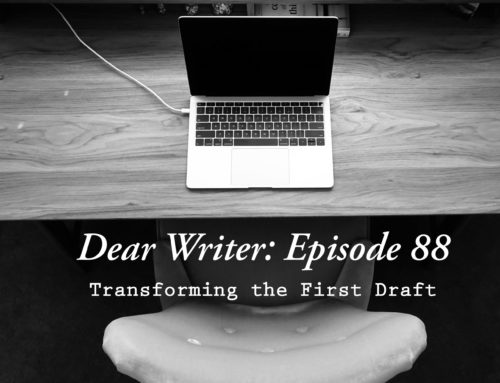
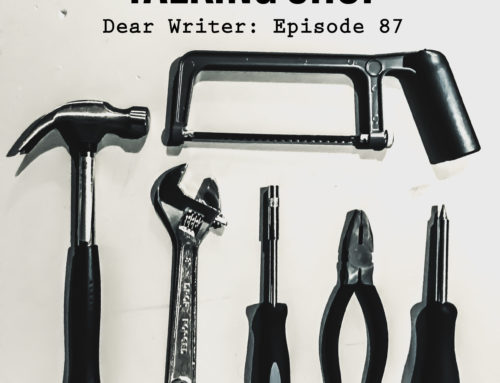

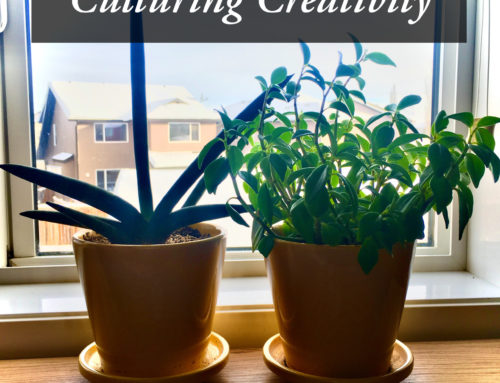

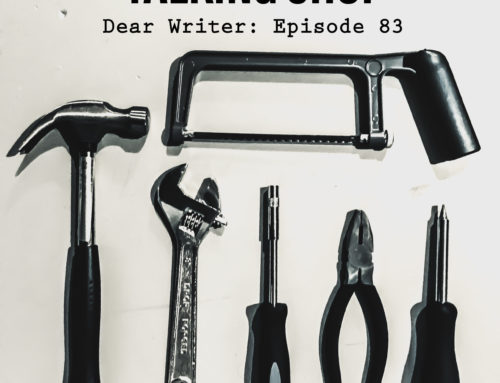


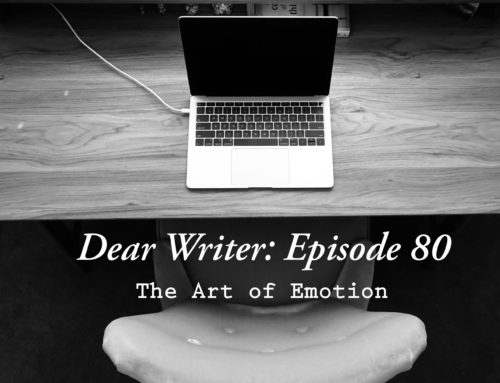
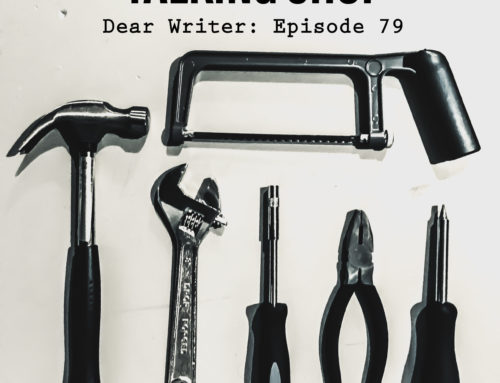
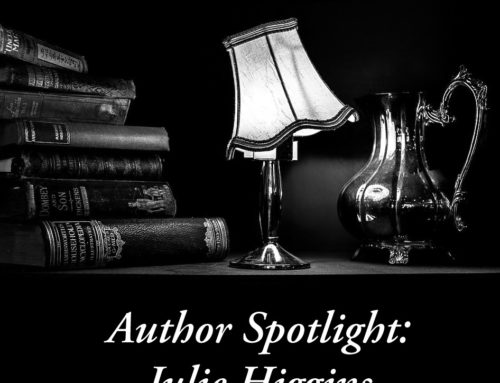
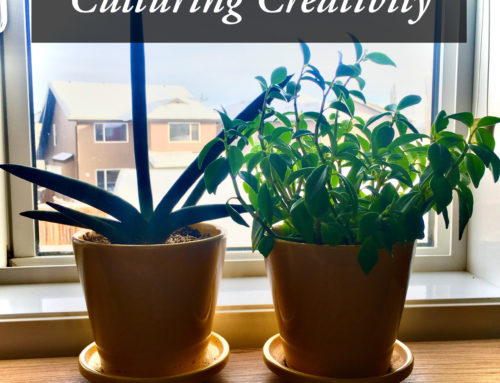
Leave A Comment